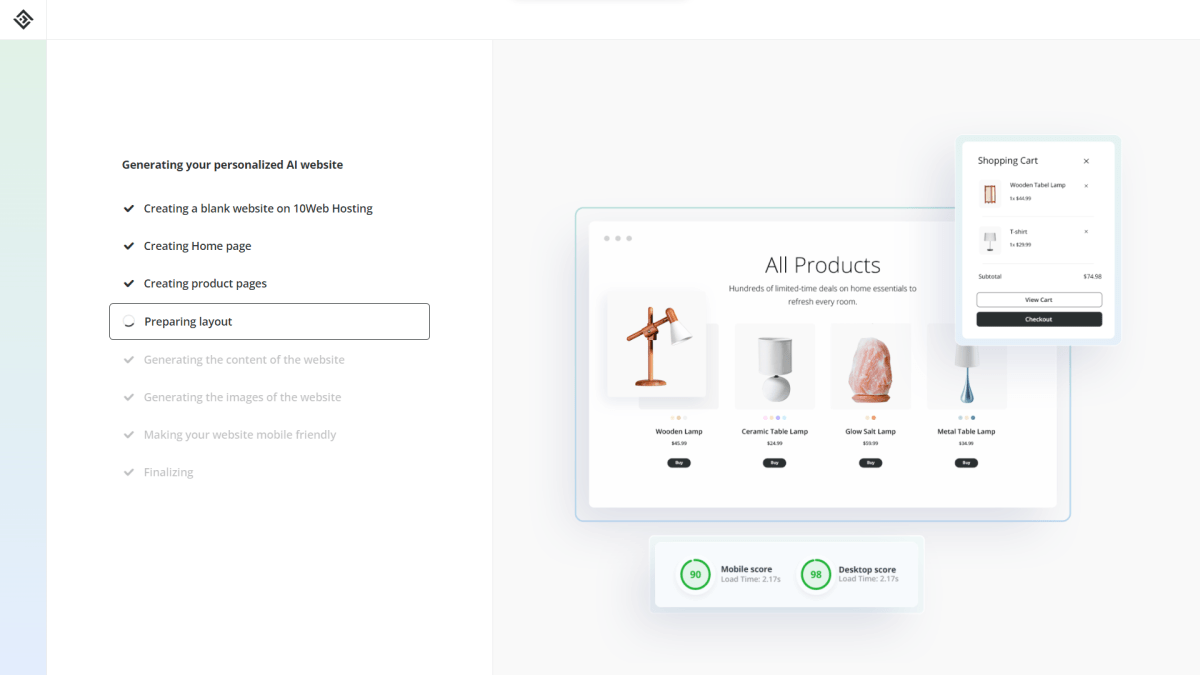Investors are actively funding generative AI startups, and Abridge is capitalizing on this trend by expanding its technology within U.S. health systems. The Pittsburgh-based company secured a substantial $150 million series C funding round to fuel further research and development. CEO Shivdev Rao, M.D., revealed that this investment will bolster the foundation models essential for enhancing existing technology and introducing new products.
Led by Lightspeed Venture Partners, the series C funding round attracted participation from both new and existing investors, including co-lead Redpoint Ventures, Spark Capital, Union Square Ventures, Bessemer Venture Partners, Wittington Ventures, and CVS Health Ventures. Since its establishment in 2018, Abridge has raised a total of $212.5 million but has chosen not to disclose its current valuation.
Abridge, recognized as one of Fierce Healthcare’s Fierce 15 of 2024, leverages AI to streamline medical note-taking processes by transforming patient-clinician conversations into structured clinical notes in real time. With over 1.5 million medical encounters informing its proprietary dataset, the company seamlessly integrates these notes into the Electronic Medical Record (EMR) system. Presently, approximately 5,000 doctors utilize Abridge’s software.
The company’s inception was rooted in the belief that effective clinician-patient communication is fundamental to healthcare. Rao, a cardiologist, drew inspiration from personal and professional encounters within the healthcare system to bridge the gap between conversations and subsequent actions using technology. Collaborating with Florian Metze, Ph.D., and Sandeep Konam, Rao launched Abridge five years ago.
Rao emphasized the company’s commitment to extensive research and development, particularly following the successful scaling of operations across major health systems. With a growing network of clinicians and positive word-of-mouth, the latest funding round aims to accelerate R&D efforts in enhancing the healthcare AI layer for medical conversations.
The market for generative AI tools in medical documentation management is gaining momentum, with notable players like Microsoft’s Nuance leading the way. Investors are increasingly supporting generative AI startups in the healthcare sector, evident from recent funding rounds for Ambience Healthcare and Nabla. Major players in the Health IT industry, such as Epic, Microsoft, and Google, are also integrating generative AI solutions into their platforms to enhance clinical workflows.
Abridge’s focus on developing a comprehensive AI team, spearheaded by Chief Technology and Science Officer Zach Lipton, Ph.D., underscores its commitment to innovation. The company’s advancements in automatic speech recognition engines tailored for healthcare applications highlight its technological prowess. Abridge’s unique features, such as the “Linked Evidence” functionality and personalized note capabilities, set it apart in the market.
The company’s partnerships with prominent healthcare systems like Emory Healthcare, The University of Kansas Health System, UPMC, and Yale New Haven Health System underscore its growing influence in the industry. By integrating its generative AI technology with Epic workflows and securing agreements with leading healthcare institutions, Abridge is poised to revolutionize clinical documentation processes and alleviate the cognitive burden on clinicians.
Looking ahead, Rao envisions a future where AI-driven technology plays a pivotal role in transforming healthcare delivery. Abridge’s strategic positioning at the intersection of clinician burnout and the adoption of generative AI reflects its potential to address critical challenges in the healthcare landscape. By automating clerical tasks and enhancing workflow efficiencies, Abridge aims to empower clinicians and improve patient care outcomes in diverse healthcare settings.










